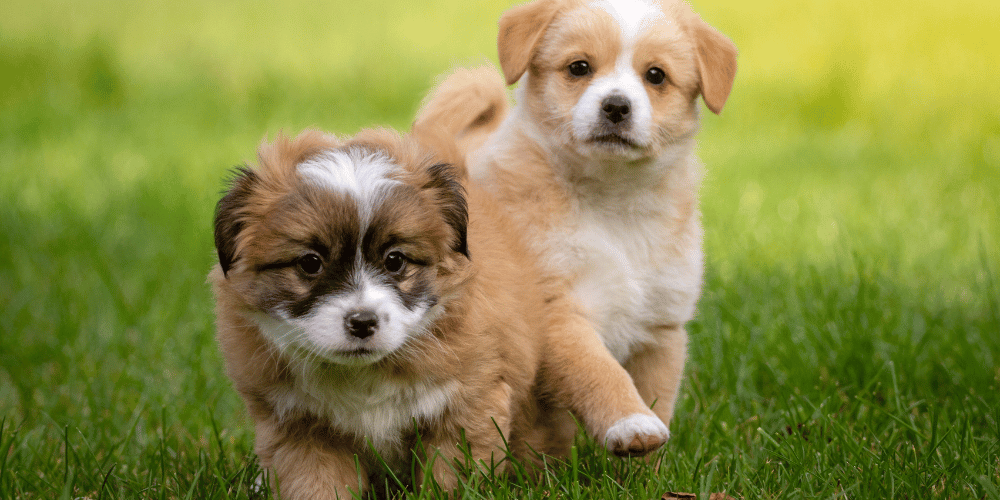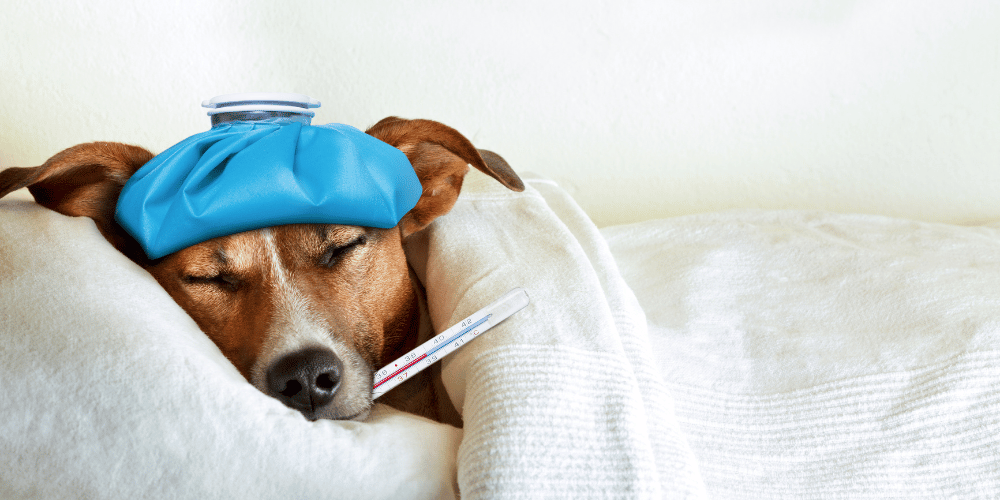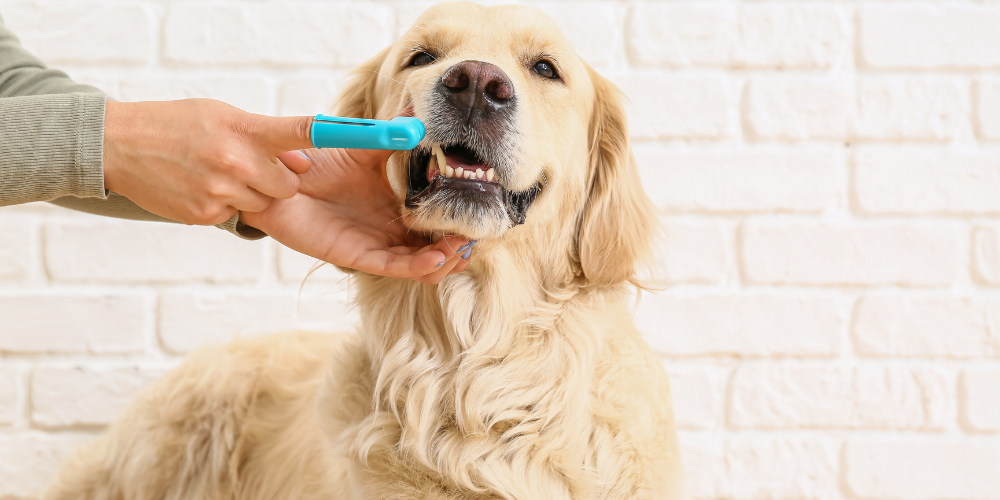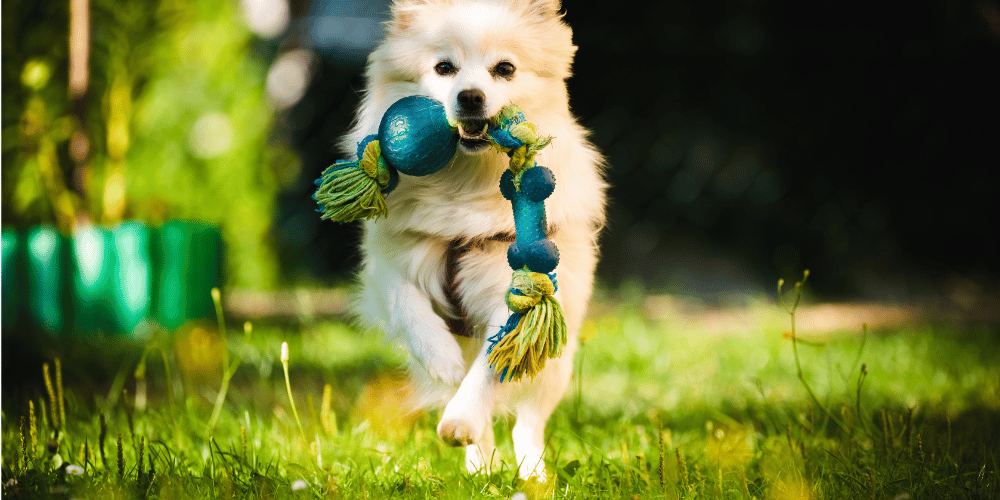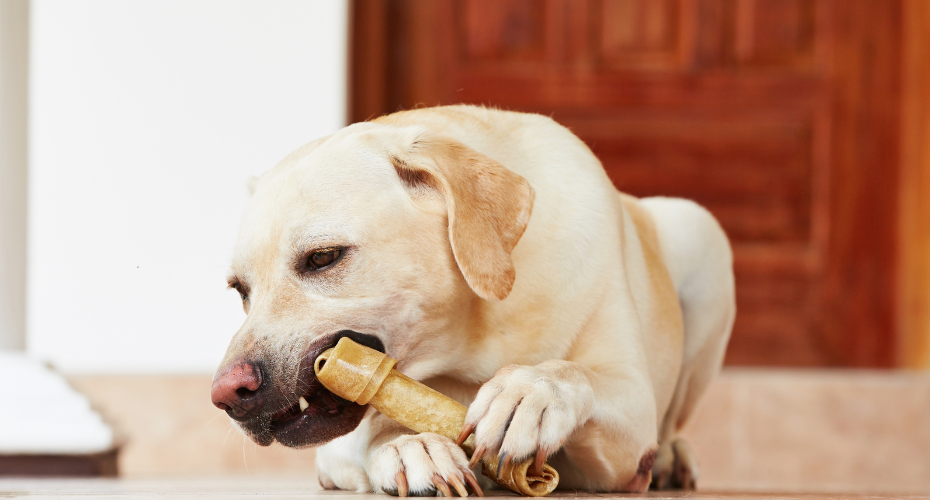
Its one of the oldest cliches in the book: Dogs love to chew bones. You have probably heard through the grape vine that feeding your dog a bone is natural and can help with mouth hygiene. In fact, the majority of bones are severely dangerous to your dog and can cause various health problems. So, the question here is, should you ban the bone altogether, or can you give your dog a safer option?
The Dangers of Bones for Dogs
Fractured Teeth
Oral Injuries
Airway Obstruction
Gastrointestinal Complications
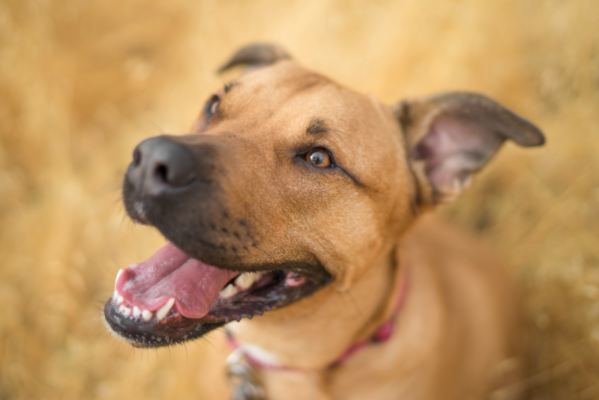
Are Any Kinds of Bones Safe for Dogs?

Bone Alternatives for Dogs
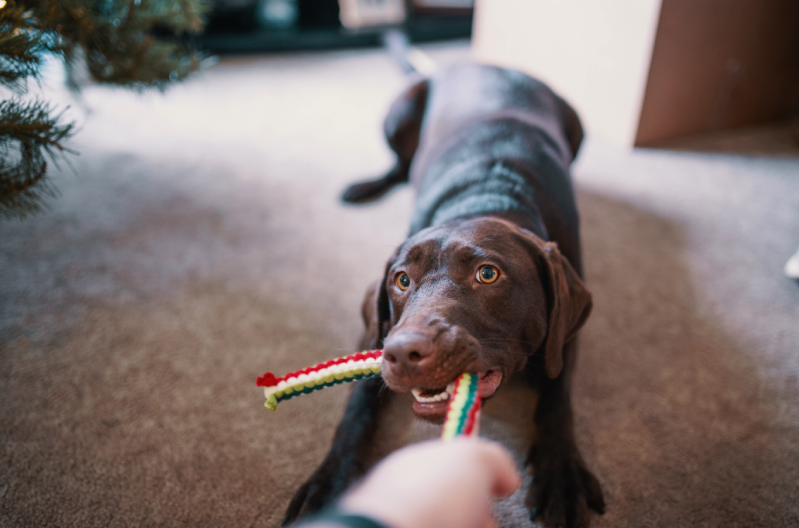
Keeping Bones Away from Your Dog
If you think your dog has bone-related problems, ensure you contact your vet immediately.
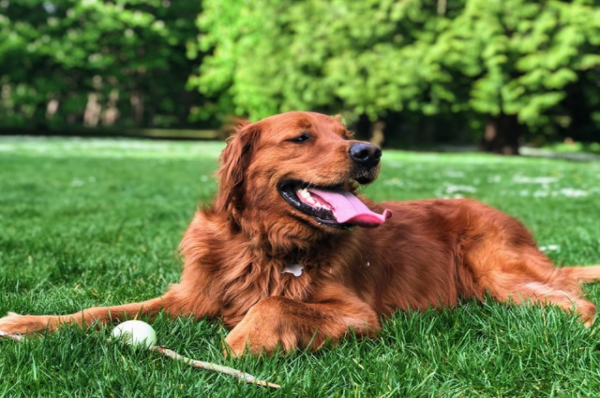
As fur-parents, we're often on a quest to find the best for our furry pals, whether that's the coziest dog bed, the most durable toy, or the most nutritious food. Now, let's talk about something a little 'ruff' around the edges—raw bones.
Bones have been a bone of contention (pun intended) among pet owners and veterinarians for years, but today, we're diving in to discuss the pros and cons of giving your dog a raw bone.
Dental Health: A Bone to Pick
Raw bones are often promoted for their dental health benefits. Gnawing on bones can help scrape off tartar and plaque, contributing to clean, shiny teeth and fresh breath, something every up-close-and-personal dog lover will appreciate! However, be aware that bones are not a magic solution for dental problems and must be part of a broader oral hygiene routine for your pet.
The Bone-anza of Health Benefits Vs. Drawbacks
Feeding raw bones to your dog can provide various health benefits. They're packed with essential nutrients like calcium and phosphorus and can be an excellent source of mental stimulation. The very act of chewing can also promote digestive health by stimulating enzymes in the digestive tract.
On the flip side, overconsumption can lead to problems. Too many bones can make your dog overweight and cause constipation. There's also a risk of blockages or perforations in the digestive tract, which are serious health emergencies.
The Tale of Raw Bones, Hide, Cooked, and Dried Bones
Not all bones are created equal. Raw bones are generally softer and safer, while cooked bones can easily splinter and cause harm. Hide bones and dried bones, though longer-lasting, carry risks such as choking or digestive blockages.
A Bone to Chew On: Risks Involved
Giving your dog bones isn't all wagging tails and wet noses. There are significant risks involved. Bones can cause choking, intestinal blockages, or damage to the mouth or digestive tract. Always supervise your dog while they're gnawing away and never leave them alone with a bone.
The Puppy Bone Question
If you've got a puppy at home, you're probably wondering, "Can my little fur-ball have bones?" The answer is yes, but with caution. Choose softer, puppy-friendly bones and always supervise their chew time. And remember, moderation is key!
Bone Appetit: Older Dogs
Just like puppies, older dogs can enjoy bones too. However, if your senior pooch has dental issues or a sensitive digestive system, it may be best to avoid bones or consult with your vet beforehand.
The Big Bone Question: One Size Fits All?
When it comes to bones, size matters. Big dogs may swallow small bones whole, leading to choking or digestive issues, while small dogs might struggle with larger bones. Always pick a bone appropriate for your dog's size and chewing habits.
A Cat-astrophic Idea?
Now, for our feline friends—sorry, kitties, but dog bones aren't for you. Cats have different dietary needs and bone sizes that may not align with those of dog bones. If you're looking for a healthy treat for your cat, stick with something specially made for them.
So, there you have it, the bare bones of the raw bone debate. While there are pros and cons, it's up to you, as a responsible and loving pet parent, to make an informed decision that suits your pet's needs. As always, when in doubt, consult with your trusted veterinarian. Until next time, keep those tails wagging and noses wet!
Further Reading:
- "All About Bones and Your Dog" - RSPCA
- "Which Dog Bones are Safe?" - Dog Time
- "Are Bones Safe For My Dog?" - Greencross
